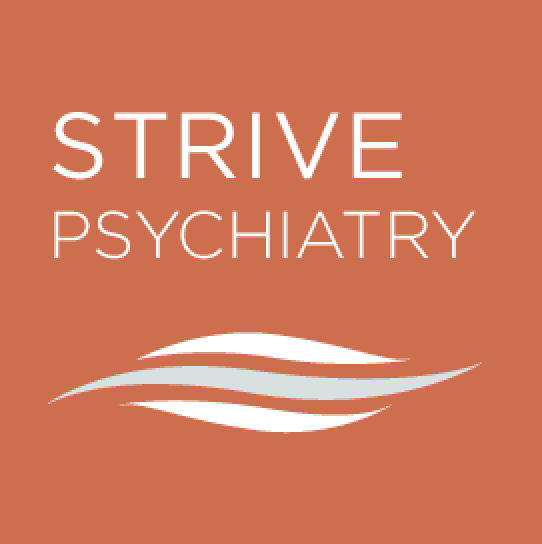Oppositional-Defiant Disorder (ODD) is a mental illness that primarily affects children and teens. The common symptoms for this condition include anger, irritability, spitefulness, defiance, and argumentative behaviors. At times, these behaviors are normal but could point to ODD when they persist. ODD often occurs alongside other mental health conditions like ADHD, conduct disorders, or mood disorders. Having this disorder affects everyday life, work, school, and relationships; because of this, a correct diagnosis makes a big difference in treating and improving Oppositional Defiant Disorder.
Parent support is also crucial, though this may be difficult for some parents who do not recognize that their child’s behavior results from a mental illness. Many parents write off the symptoms as “attention-seeking” or “acting out.” Parents should seek help if they recognize these symptoms within their child.
